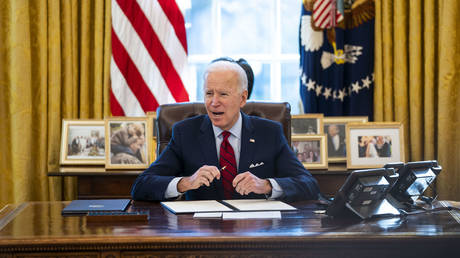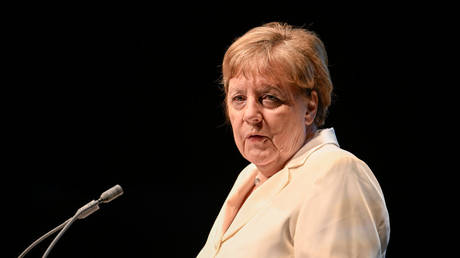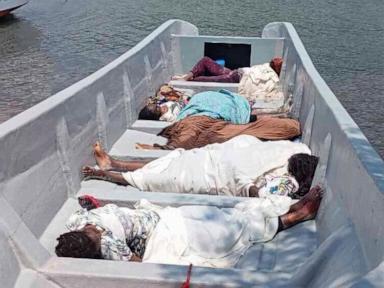ARTICLE AD BOX
A FIFTH of the planet is now too dangerous to visit as war and unrest rages across the world.
Israel, Lebanon and Palestine have been added to the Foreign Office’s travel “black list” – meaning 66 destinations are now partially or entirely no-go areas.

Out of the 66, the FCDO advises against travel – or all but essential travel – to 24 countries.
Israel, Lebanon Palestine, Russia, Ukraine, Iran, Sudan, and Belarus are the eight newest additions to the list.
The out-of-bounds countries represent 20.8 per cent of the world – or a whopping 30,965,383 square kilometres.
The eight new additions to the list alone make up 15 per cent of the world’s landmass.
Beyond the most dangerous, a further 42 countries are partially no-go areas.
Since 2019, the Foreign Office has also tightened rules for Ethiopia, Ivory Coast, Mozambique, Nigeria and Tunisia by adding new no-go regions.
It comes as military analysts warn that the world is facing its “most dangerous and volatile moment” in history as hotbeds of conflict explode.
Former Royal Navy chief Admiral Lord West told The Sun: “I have never known the world to be more dangerous and unpredictable.”
And UK defence secretary Grant Shapps warned that the world is in a “pre-war” moment.
Putin’s war in Ukraine has put the future of the world order at stake.
A leaked military report showed the despot’s ten-step plan to bring the West to the brink of World War Three.
Meanwhile, Iran has enriched uranium — used in nuclear weapons — to a terrifying 83.7 per cent.
And the Middle East is a tinderbox ready to be lit as tensions explode in the Red Sea and the Israel and Gaza conflict rages on.
Ukraine, Russia and Belarus were added to the Foreign Office’s “black list” in February 2022 after Putin’s invasion.
Israel, Lebanon and Palestine were all added in October last year after Hamas’ October 7 massacre.
Iran has been entirely off-limits since 2019, former US ambassador Mark Wallace describing the nation as the biggest threat to the world order.
Just this week, a former UN inspector warned that Iran could make enough fuel for six devastating nuclear bombs in just one month.
And fears of a war are ramping up Iran and Pakistan go tit-for-tat in deadly strikes.
In Sudan, armed clashes between rival military factions erupted last year – meaning it’s a no-go area for tourists.
And in Tanzania – which was previously deemed perfectly safe – new no-go zones have been brought in.
Travel to the border with the Cabo Delgado province of Mozambique is advised against “due to attacks by groups linked with Islamic extremism”.
Similarly in Mexico, several regions have been slapped on the out-of-bounds list over safety fears.
Jonny Bealby, founder of UK tour operator Wild Frontiers, told The Telegraph: “While the world may seem like a more dangerous place… it’s worth remembering that statistically the chances of British travellers coming to harm virtually anywhere in the world is remarkably small.
“The Government’s advice is just that, advice, and while one should certainly take it seriously, and be aware that it might affect your travel insurance, the acceptable risk any traveller is prepared to take will vary.
“Iran is advised against, yet we ran two very successful group tours there in 2023 with no issues at all.
“It also advises against travel to the Kashmir region of India; I was there last year, as were many of our clients, and we all had fabulous trips.”
But it’s not all bad news as Burundi and Mauritania are now deemed safe to visit.
Back in 2019, they were entirely off-limits.
Now, most of Burundi is deemed safe, as well as a significant part of Mauritania, including its coastal areas and capital, Nouakchott.
 AFP
AFP Getty
Getty.png)
 10 months ago
6
10 months ago
6








 English (US)
English (US)